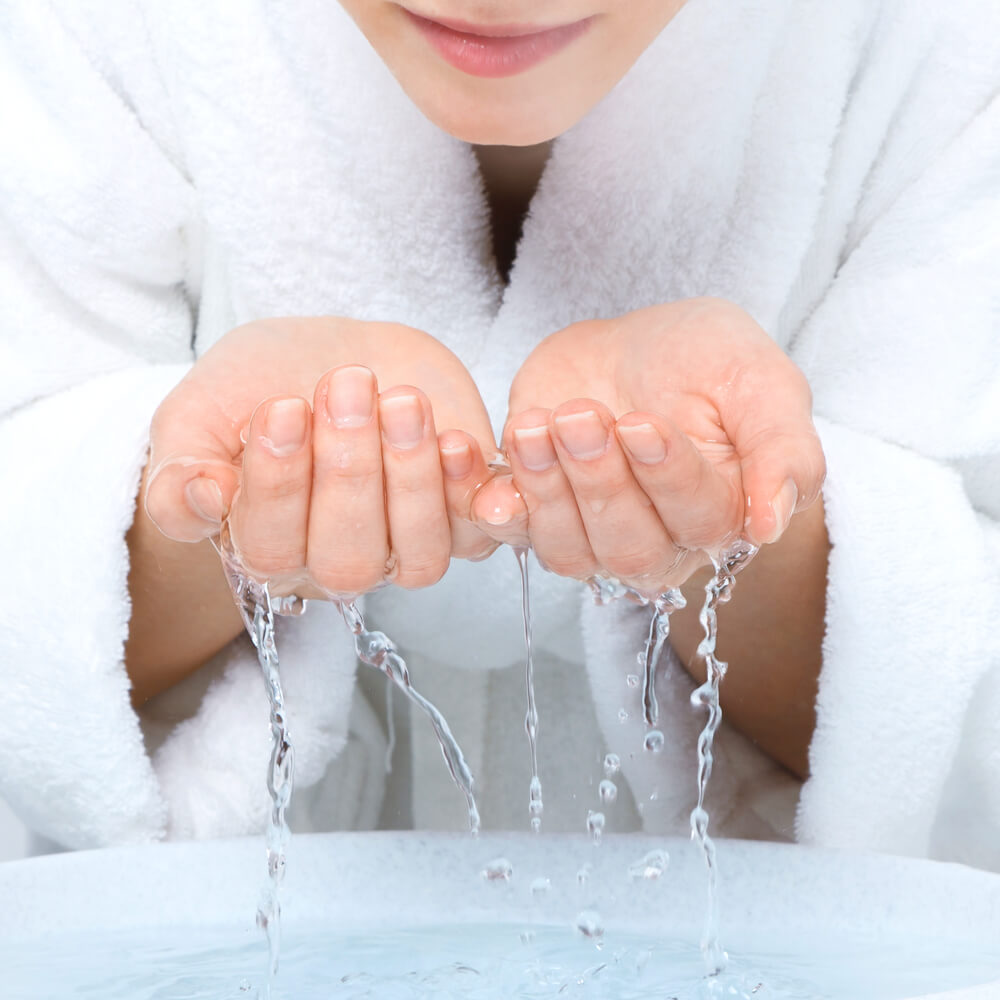About 90% of homes in America suffer from hard water. While you may think that this isn’t that big of a deal, it causes all sorts of problems. Hard water can make it more difficult to clean your bathroom and kitchen, damage appliances, and make it harder to get yourself clean. Left untreated, it can cost you hundreds, if not thousands, of dollars in repair costs, appliance replacement, and cleaning supplies.
If you don’t know if you have hard water, there are many different signs. Here are the top five signs that you may have hard water:
Your Bathroom and Kitchen Are Covered With Soap Scum
Soap scum is a white or gray film that covers surfaces around showers and sinks. Soap scum can end up on all sorts of surfaces, like bathroom fixtures, tile, and shower curtains. Soap scum is formed when soap is used in hard water.
Why is soap scum bad? Cleaning soap scum requires extra effort each time you clean your bathroom. If you ignore it, soap scum will continue to build up. This buildup can stain surfaces and become as hard as concrete. If soap scum combines with mold or mildew, it can cause health problems and be difficult to remove.
You Have Trouble Getting Suds When You Use Soap
If you have hard water, it will be harder for you to get suds when you use soap. While this might not seem like a big deal, it makes it harder to get clean. You end up using more soap or shampoo than you need, which can be harder on your skin and hair. Hard water can also irritate your skin and make your hair dull and tangle easily.
You Have Dingy Clothing
Hard water also causes dingy clothing. Hard water will leave mineral deposits on your clothing, making them look dingy. White clothing will look less bright. Also, your clothing will not last as long.
You Have Clogged Pipes
Hard water can clog your pipes. For example, mineral deposits from hard water can build up on your shower head over time. This reduces your water pressure and can damage the rubber washers that seal fixtures around your shower head. It can clog all of your faucets as well.
In addition, it leads to mineral deposits building up in your pipes throughout your house. Eventually, the buildup will cause less water to run through your pipes and slow down your water pressure. Left untreated, your pipes will eventually have to be replaced.
Your Appliances Aren’t Working Well You Have Clogged Pipes
Hard water can damage many of your appliances. For example, mineral buildups from hard water can build up inside of your water heater. It clogs pipes and covers the heating elements in the water heater. As a result, the water heater has to work harder to heat water, which reduces its efficiency and lifespan. You end up paying more money to heat your water and have to replace your water heater much quicker than you normally would.
Water heaters aren’t the only appliances affected. Washing machines, ice makers, and dishwashers can all be damaged. It will clog pipes, which can reduce water flow or cause leaks. It also damages these appliances and makes them less efficient. Left untreated, it can cost you hundreds of dollars in repair bills and force you to replace many of your major appliances.
Think You Have Hard Water? Contact Us Today!
If you think that you have hard water, contact us today. Our experienced technicians can test your water, identify any issues, and give you options to make your water clean and safe.






